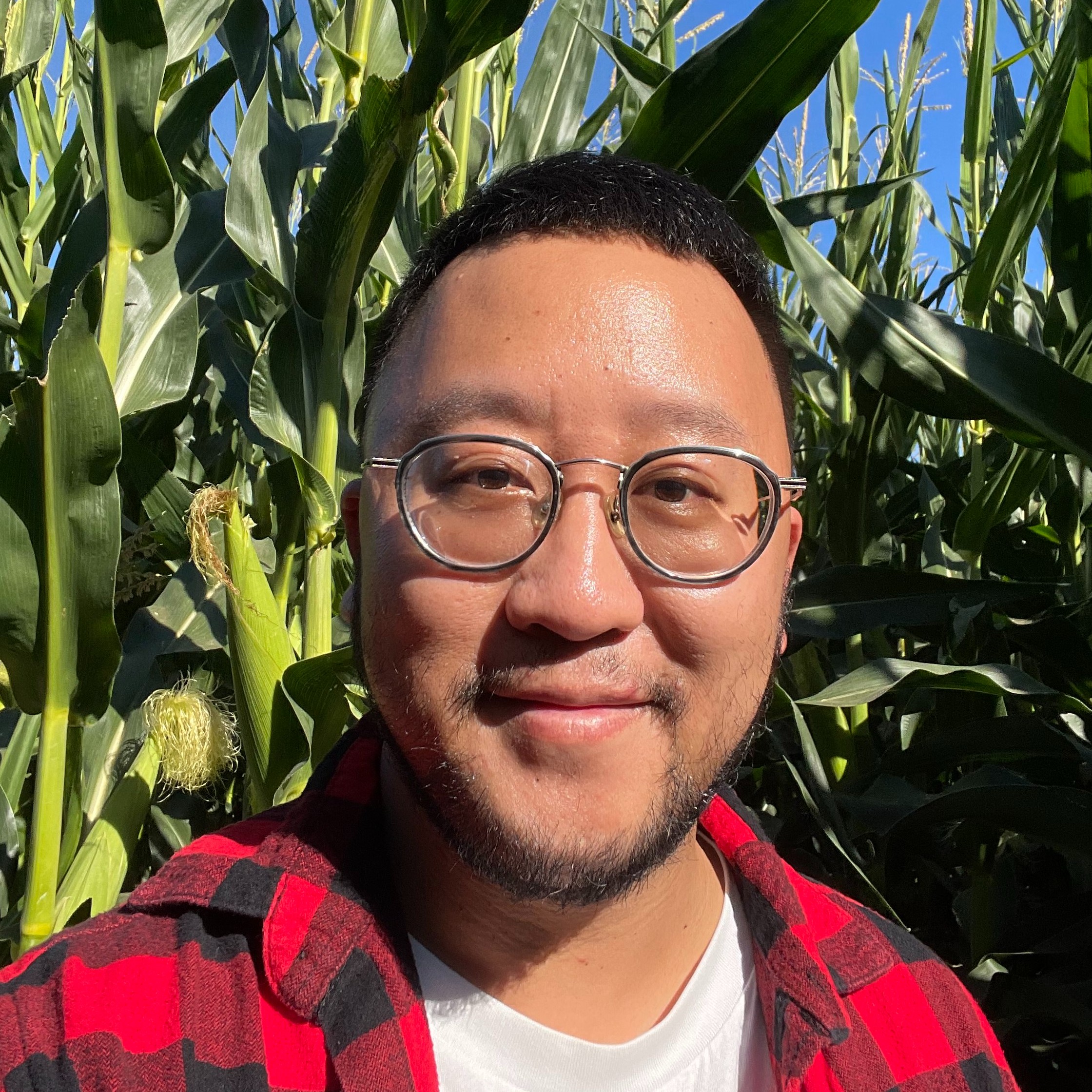Research
My research interests are varied and span several core areas of linguistic research. Here I will attempt to elaborate on a few overarching threads that represent my work.
The place of Batanic in the typology of Philippine (and Austronesian) languages
Since 2018, I have been fortunate to work with speakers of Yami/Tao, the indigenous language of Orchid Island (Lanyu), Taiwan. Yami has long been regarded as occupying a unique position among the native Austronesian languages of Taiwan, as it does not belong to any of the first-order subgroups known as Formosan languages. Rather, it is most closely related to the languages of the northernmost Philippines spoken in Batanes and Cagayan Provinces (namely Itbayaten, Ivatan, and Ibatan, which form the Batanic/Bashiic subgroup) and are hence considered to be part of the Philippine linkage of Austronesian.
Though there have been valuable documentation efforts of the Batanic languages over the past half-century, they remain heavily understudied and consequently do not feature prominently in discussions of Philippine languages. Nevertheless, they are known for several unique features that contribute to the diversity of Philippine languages. These features include: a four-way case marking system with distinct locative and oblique cases (which I have written about), verbal person marking for transitive constructions, the presence of labiodental /v/ and velar fricative/approximant /ɣ/ phonemes, a significant lexical inventory not shared by other Philippine languages, and supposed final (oxytone) stress (which I am currently working on). It is my goal to investigate what the distinctive features of Batanic languages are and show how this group of languages can contribute to a richer understanding of Philippine languages (and even Austronesian) as a whole.
Additionally, due to various circumstances over the years, modern linguistic scholarship on Yami has often been removed from work conducted in the Philippines, and conversely, work on Philippine languages (and even other Batanic languages) has often excluded data from Yami. I find that many questions can be answered and differing analyses can be unified by examining perspectives from across the geopolitical border, and it is another goal of mine to bring the work on the various Batanic languages into closer dialogue with each other.
Stress and prosodic prominence in Philippine languages
Philippine (and many Formosan) languages have captured the attention of linguists for many years, with their unique verbal voice or alignment systems as their hallmark, but suprasegmental phenomena (such as word stress) in these languages are often relegated to brief descriptions which have not kept up with advances in knowledge over the years in phonetic, phonological, and cross-linguistic investigations of prosody and in diachronic and synchronic theories of Philippine stress systems. This results in a precarious situation where higher-level phonological research could be conducted based on assumptions that might be unverified or even somewhat divorced from phonetic reality.
My dissertation research aims to correct this gap for one language, Yami. I am analyzing data and combining methods from both lab speech and spontaneous speech in order to more precisely characterize the word-prosodic system of Yami while considering potential confounding effects from phrasal phenomena such as boundary and focus marking, which will allow me to accurately situate Yami within the prosodic typology of Philippine languages (and beyond) and contribute to broader theoretical discussions with fine-grained empirical data. This work also allows me to demonstrate how close attention to prosodic detail is beneficial for contexts of language documentation in general.
A grammar of Yami
Although Yami is an endangered language, it has benefited greatly from high-quality analytical and documentary work of previous scholars, most notably D. Victoria Rau and Maa-Neu Dong. However, there is still much to uncover and clarify about the inner workings of the language. I hope to one day build on the existing knowledge of the grammar of Yami and contribute to a more detailed and comprehensive description.
